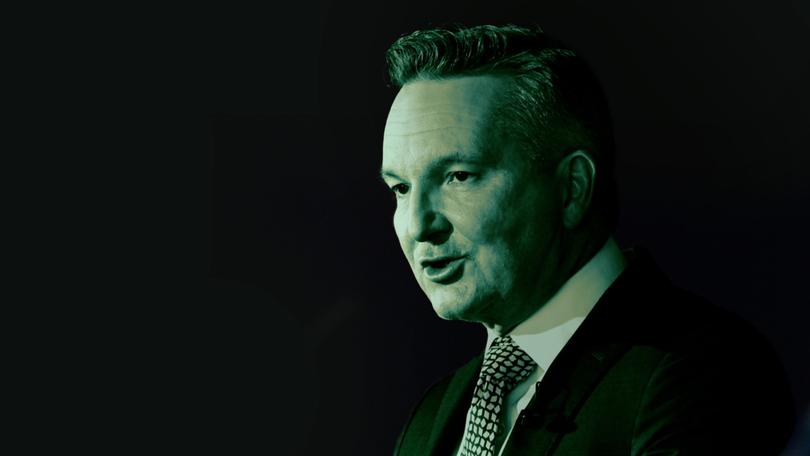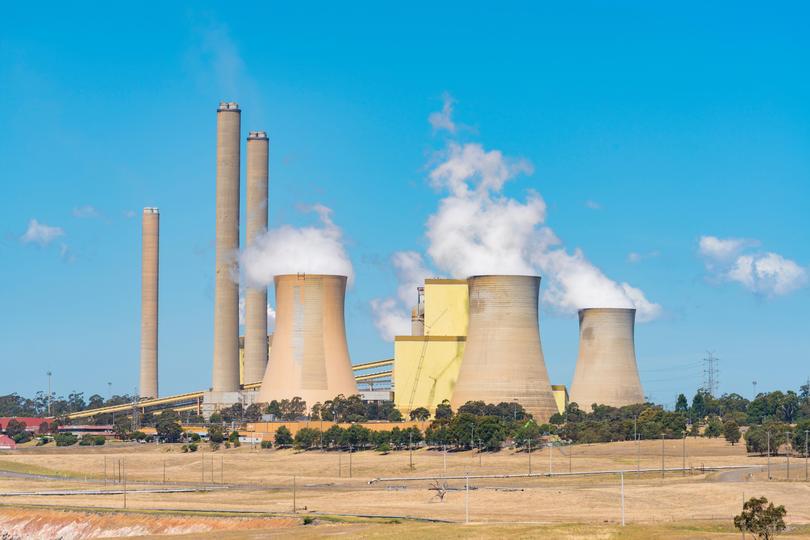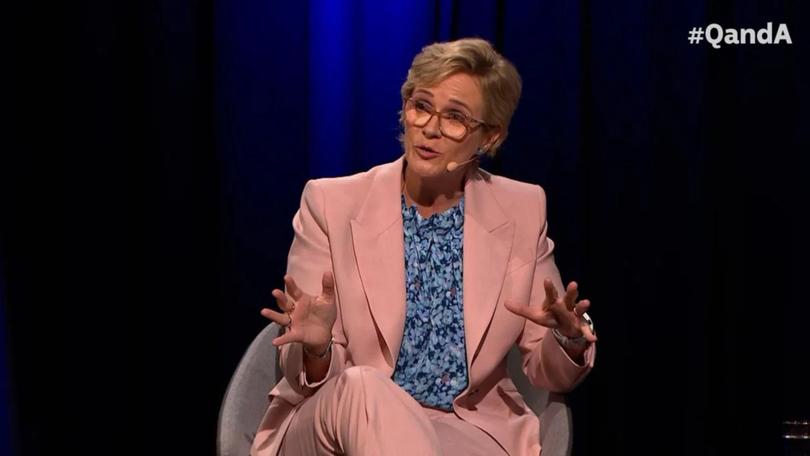Federal election 2025: Are the climate wars finally over? This campaign sure looks like it
AARON PATRICK: After warning for years climate change threatened the planet, Labor ministers now present their climate policies as inflation-busters.

A few months before the 2022 election, Chris Bowen declared climate change the “most-serious ongoing threat to our well-being”.
This week, the climate change and energy minister presented global warming as an opportunity for public housing residents to save a few dollars on electricity bills.
The science behind global warming has not changed, but the politics has. For almost a decade, Australia’s major parties fought the “climate wars” -- a debate over whether global warming is real, how severe it might be, and what should be done about it.
Sign up to The Nightly's newsletters.
Get the first look at the digital newspaper, curated daily stories and breaking headlines delivered to your inbox.
By continuing you agree to our Terms and Privacy Policy.The debate played a pivotal role in multiple elections, contributed to the downfall of Labor and Liberal leaders, and drove the independent movement’s rise.
This election, though, may be the first fought after the climate wars, which ended in an unexpected way.
A silent victory
The Labor Party won the debate: a quasi carbon tax has been reimposed on the biggest companies, which the Coalition does not plan to repeal, and both sides have promised to eliminate Australia’s greenhouse gas emissions by 2050.
But, after three years of tough economic conditions, the Government is ignoring its own victory. Few ministers cite the benefits of their policies for the climate. Instead, they have reframed the billions in subsidies for batteries, and wind and solar energy, as a way to combat inflation.
In Adelaide on Monday, Mr Bowen promised $36 million to replace gas stoves and water heaters, install insulation and other measures designed to reduce energy usage in 3500 government-owned and subsidised homes across South Australia. (Other states will get similar payments.)
He only mentioned climate change when challenged to by a journalist. “What’s good for the planet is good for your pocket,” he said.
The following day, the Climate Council, a lobby group which wants greater renewable energy subsidies, published a 70-page report and online map which said 2 million homes face higher insurance costs from climate change. The analysis, which gave the Coalition a one-of-100 score on its environmental and climate policies, provided the pugnacious Mr Bowen with an easy way to criticise the Opposition’s less ambitious targets.
Liberal leader Peter Dutton has refused to endorse the government’s plan to cut emissions by 43 per cent by 2030 compared to 2005. Apart from his nuclear power plan, the target may be the greatest difference between the two sides on climate policy.
This week Mr Bowen also promoted a $200 million plan to install 400 car-sized batteries across Australia as a way to cut energy bills for working-class suburbs, even though they only benefit people who have installed solar panels.
Ignoring the Climate Council
Mr Bowen ignored the Climate Council report, which was used by a Greens senator, Mehreen Faruqi, to promote her party’s extensive climate policies.
Even when he advocates closing coal power stations - coal is a big driver of global warming, scientists say - Mr Bowen presents the approach as a cost saving. The old plants break down so much they aren’t worth keeping open, he said at a National Press Club debate last week.
“One of the things that drives higher prices and price spikes is unexpected outages in coal-fired power,” he said.

Some experts argue coal power stops rising electricity prices rising further because they operate when solar and wind farms cannot function.
The approach suggests the Labor Party has learnt that climate subsidies are vulnerable to public opinion during economic stress. Last year, a poll by the Lowy Institute think tank identified “reducing household energy bills” as Australians’ top priority for energy policy. “Reducing emissions” had previously been the dominant response.
The business community, which has long supported strong climate policies, has shifted views too. Considered the second most-important challenge three years ago for government, climate is now the second-least important, according to a survey of directors conducted by the Australian Institute of Company Directors that was published last week.
Policy post-election
Polls suggest the government will be re-elected, and may retain its parliamentary majority. Climate policy-advocates hope an emboldened second-term Labor government would increase solar and wind-power subsidies and use what is known as the Safeguard Mechanism - a carbon emissions trading scheme for big business - to cut emissions further. If it needs the support of climate-focused independent MPs to retain power, such policies would be more probable.
“A re-elected Labor government would likely do more on renewable power, while also strengthening action on industrial and resource emissions through the Safeguard Mechanism,” wrote Frank Jotzo, a climate professor at the Australian National University.
“But more will be needed to prepare for the 2030s. If the Teals hold the balance of power in a hung parliament, they would push Labor to be more ambitious.”

Even independent MPs elected with financial support from Simon Holmes à Court’s Climate 200 company have shifted messages. One of the first, ex-skier Zali Steggall, now emphasises the financial cost of climate change, even though Australia’s greenhouse gas emissions are around 1 per cent of the global total.
Without tougher policies, she said this week, “insurance will simply become unaffordable for too many Australians”.

